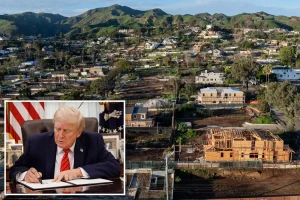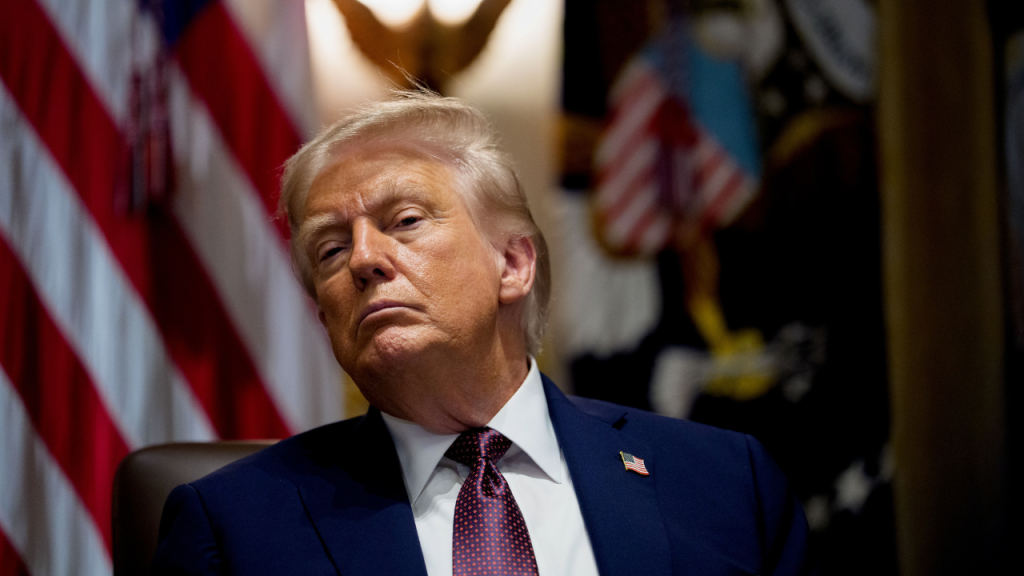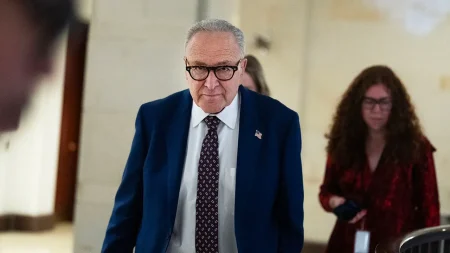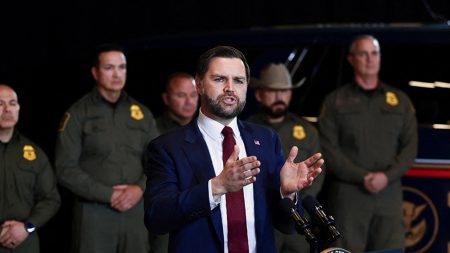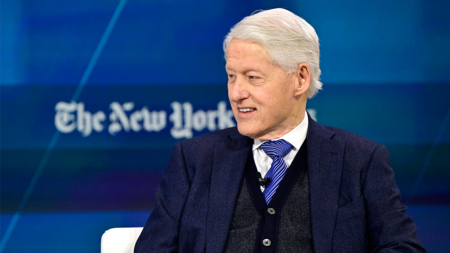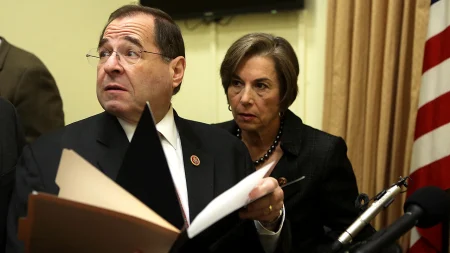Trump’s Week Ahead: A Legal Battleground on Multiple Fronts
As the Labor Day weekend wraps up, President Donald Trump faces a daunting array of legal challenges that could significantly impact his administration’s policies. From an unprecedented Federal Reserve dispute to immigration policy battles and international trade conflicts, the courts are set to play a pivotal role in determining the limits of presidential power. These legal showdowns highlight the ongoing tension between executive authority and judicial oversight in America’s constitutional system.
The most immediate challenge involves Federal Reserve Governor Lisa Cook, whom Trump attempted to fire on August 25 over allegations of mortgage fraud. This unprecedented move against a Fed governor, whose position traditionally carries independence from political interference, quickly escalated when Cook filed a lawsuit against Trump, the Federal Reserve Board of Governors, and Fed Chairman Jerome Powell just three days later. U.S. District Judge Jia Cobb, a Biden appointee, indicated during Friday’s two-hour hearing that she intends to rule quickly on whether Trump’s action was lawful, requesting additional filings from both sides by September 2. The case could ultimately reach the Supreme Court, potentially redefining the relationship between the presidency and the nation’s central bank. Meanwhile, the Fed has maintained a cautious position, with a spokesperson stating they will “abide by any court decision,” though it remains unclear whether Cook has continued working or retained access to Fed resources since Trump’s termination letter.
Immigration policy represents another legal battlefield for the Trump administration, with Judge Cobb herself recently blocking the president’s expanded deportation plan. The administration had sought to implement expedited deportations for undocumented immigrants who had lived in the United States for less than two years, allowing them to be removed without appearing before an immigration judge. In her August 29 opinion, Cobb rejected what she described as the government’s “truly startling argument: that those who entered the country illegally are entitled to no process under the Fifth Amendment.” She expressed concern about the broader implications, writing that under such logic, “The government could accuse you of entering unlawfully, relegate you to a bare-bones proceeding where it would ‘prove’ your unlawful entry, and then immediately remove you.” This ruling represents a significant setback to Trump’s immigration enforcement strategy, which has prioritized faster removals of undocumented immigrants.
On the international trade front, Trump’s tariff policies also received a legal blow when a federal appeals court ruled that he had exceeded his authority by using emergency powers to impose new tariffs on imported goods. The court determined that such authority rests with Congress or must operate within existing trade policy frameworks, though it allowed the tariffs to remain in effect until mid-October. Attorney General Pam Bondi has indicated the Justice Department will appeal this decision to the Supreme Court. This ruling challenges a cornerstone of Trump’s economic approach, which has relied heavily on tariffs to generate revenue and pressure foreign trading partners. Trump has previously suggested that tariff income could fund his “One Big Beautiful Bill” and contribute hundreds of billions to the U.S. economy.
Despite the legal challenges, tariff revenues have shown remarkable growth in recent months, rising steadily from approximately $17.4 billion in April to a peak of $29.6 billion in July. According to Treasury Department data released on August 28, total tariff revenues have reached $183.1 billion for the fiscal year. At the current pace, the government could collect as much tariff revenue in just four to five months as it did throughout the entire previous year. This substantial increase demonstrates the significant financial impact of Trump’s trade policies, even as their legal foundation faces scrutiny in the courts.
As these legal battles unfold, they underscore the complex interplay between presidential authority and judicial oversight in the American system. The outcomes of these cases will not only affect Trump’s policy agenda but could also establish important precedents regarding executive power in areas ranging from central bank independence to immigration enforcement and international trade. With multiple judges weighing in on different aspects of presidential authority, the coming weeks promise to be a critical period for defining the scope and limits of Trump’s administrative powers, potentially reshaping the relationship between the White House and other branches of government for years to come.


